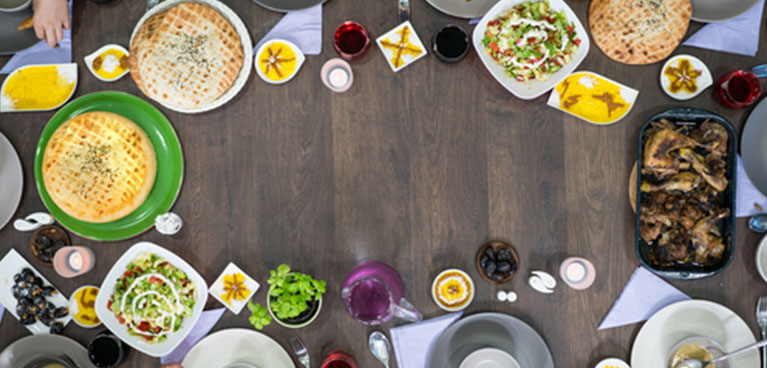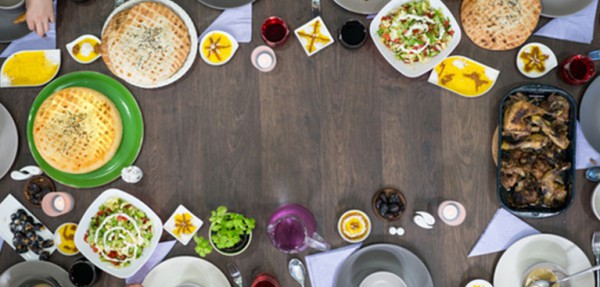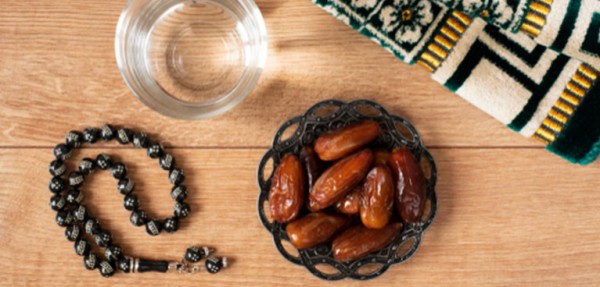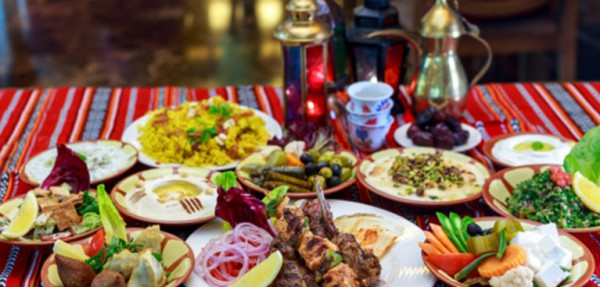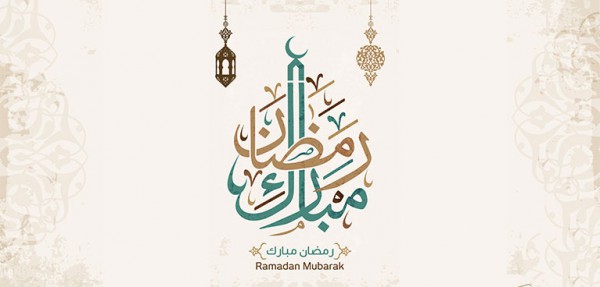Ramadan is a much revered and blessed month for Muslims all over the world – a time for reflection, contemplation and celebration, but how much do you really know about it? UnCOVered’s Atika Ahmed runs through some frequently asked questions about Ramadan.
The month of Ramadan is the month in which Muslims fast and abstain from food and drink from sunrise to sunset. As the Islamic calendar is based around the lunar cycle, the Holy month of Ramadan rotates by approximately ten days each year.
This year, Ramadan begins on the evening of Thursday 23 April 2020 and varies from 29 to 30 days. One of the five Pillars of Islam, Sawm (fasting) will begin a few hours after the sighting of the moon at sunrise and continue until sunset.
COVID-19 and Ramadan
The current Coronavirus pandemic presents a new challenge for Muslims during Ramadan this year as mosques around the country have closed their doors hence the release of guidelines for Ramadan at home. For Covid-19 and guidelines for Ramadan and Eid, click here
It is very important to plan well and eat well. The NHS guide provides some very interesting info and practical advice and guidance click here
What is fasting?
Fasting is to completely abstain from eating, drinking and smoking or conjugal relations from dawn to sunset. Those with valid reasons need not fast but they need to make up a day for a day (after Ramadan) or pay a penalty, or both if the replacement was not in the following year. The valid reasons include being on a journey; too ill; too old and feeble; extreme thirst or hunger that can cause harm; pregnancy; a mother nursing her infant; menstruation; and a mother after childbirth.
Why must we fast?
Islam is based on five principles; fasting in Ramadan is one of them. In the Quran, we are commanded to fast. “Fasting is prescribed to you… that you may (learn) self-restraint” (Al-Baqarah, 02:183).
What are the benefits for fasting in Ramadan?
There are many but here are some prominent ones:
- Fasting teaches self-restraint
- You learn to be grateful to God (Allah) for all the uncountable blessings
- It develops empathy for the hungry and the needy
- You experience the unparalleled joy of giving and sharing when you break fast with your family
- Fasting is a practice that has been associated with a wide array of potential health benefits, including weight loss, as well as improved blood sugar control, heart health, brain function and cancer prevention.
- Ramadan gives us a wonderful opportunity to give up bad habits like smoking
What happens at the end of Ramadan?
On the 1st day of the following month, i.e. Shawal, is Eid-ul Fitr (festival of breaking fast).
Wishing all our Muslim students and staff a blessed and healthy month.
Follow @CoventryISOC on Twitter

